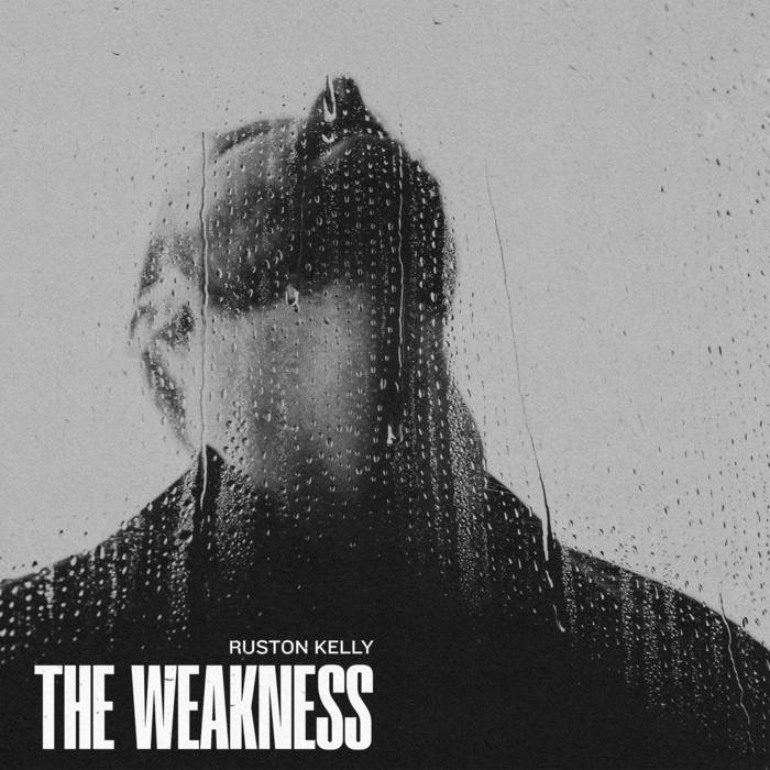

No Invocations of Weakness
Ruston Kelly’s 2023 album The Weakness presents a raw, honest journey through heartbreak. Kelly dabbles in multiple different genres, messages and styles to create a carefully chaotic struggle about heartbreak and healing. A mix of acoustic, americana, punk and alternative sounds establish the album as a unifying piece of music attempting to bring together a diverse body of listeners under an umbrella of the very human emotion of heartbreak. His album is divided into emotions encompassing his journey; through anguish, despair, anxiety, hope and confusion, Kelly narrates his laborious yet relatable struggles with heartache.
His anguish is marked by songs like “Hellfire” and “Wicked Hands.” In “Hellfire,” Kelly compares suppressing his shame and anxiety to “hellfire screaming like sin through the ceiling,” and masks wallowing despair within peaceful acoustic sounds, leaving space for a heavy-rock resemblant ending to imitate a breakdown of his hollow emotional frontier. Kelly continues to explore the suppression of emotion at the end of the album with “Wicked Hands.” In experiencing the everyday hiccups of a heartbreak, he dips back into the pain in remembering “all the heartbreak he swore he forgot.” In turn, he relives the sounds of his prior anguish, through similar outbreaks of raw instrumental sections to resemble an outpour of emotion. In placing these tracks at either ends of the album, he demonstrates the inconsistency in the journey of heartbreak by reminiscing on the unilinear nature of emotion.
Kelly strikes a sense of honesty through acoustic tracks and comedic relief. “St. Jupiter” discusses the mundane aspects of a breakup, through the metaphor of flowers bought together becoming ugly during a former lover’s absence. “Michael Keaton” similarly expresses an authentic comedic honesty. Kelly uses the cynical story of getting accidentally high and thinking about Michael Keaton’s death to accompany his struggles with casual dating. The gentle acoustic tones, alongside the conversational lyrical quality, help to provide an element of realness and relation to his listeners in exploring the significance of the humdrum elements of heartache.
The turning point of the album comes with the sixth song, “Mending Song.” The song reflects on his journey as an artist and as a person, using intricate personal details to add authenticity to his art. He directly references his own divorce, as well as his struggles as a musician in Nashville, and discusses the strength he’s gained from his downfalls. The softer vocal track and acoustic accompaniment provide a sense of intimacy between Kelly and his listeners, to communicate a sincere message of hope in the midst of what has been painful anguish in his previous tracks.
Kelly goes on to include hopeful tracks like “Dive,” a song written on his new girlfriend’s piano about his willingness to feel the emotions that had tormented him for so long. He rejoices in the satisfaction of falling in love again, alongside a symphonic soundscape, as he opens himself up to new sounds and new emotions. Though this theme of hope is more prominent in the second half of the album, his struggle is still evident, through songs like “Breakdown” or “Holy Shit,” both of which demonstrate the pitfalls and imperfections of a healing journey even with what looks to be a finish line.
The final track “Cold Black Mile” acts as a conclusion of the album. Full of poetic lyricism and honest statements about the difficulty of heartache, he takes comfort in his lessons and his personal growth. The final line, “morning is breaking now on the cold black mile,” adds a peaceful end to his journey after a multi-dimensional struggle with pain.
Kelly’s album does not at all take one form or tone; it instead finds itself at an intersection of sound and emotion. Yet the ambiguity of this album feels intentional. Kelly presents us with a brutal retelling of his heartache, a compounded, multifaceted emotion. We see his anguish, his hope, his reflections and conclude with his lessons and his newfound strength. Kelly in no way romanticizes heartbreak, which is what makes this album so real, relatable and authentic.
